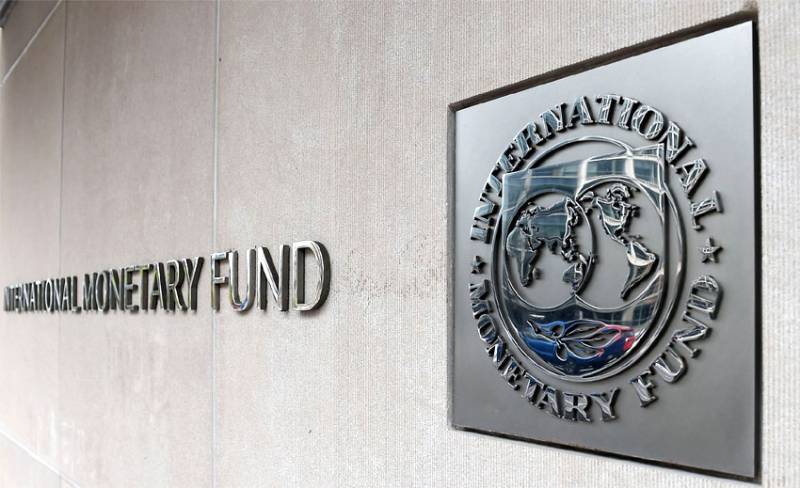Editorial
Multilateral organizations, such as the International Monetary Fund (IMF), have established independent audit committees to ensure transparency and governance in their operations. These committees are separate from the departments responsible for program design and are tasked with conducting audits, quarterly reviews, and overall program assessments.
The IMF’s Office of Internal Audit (OIA) plays a crucial role in improving governance and transparency within the organization. Additionally, the external Audit Committee operates independently from IMF department heads and reports to the Board of Governors. Its responsibilities include overseeing external and internal audits, financial reporting, risk management, and internal control functions.
In Pakistan, successive administrations have turned to IMF programs to address recurring balance of payment issues resulting from flawed policy decisions. These decisions have led to a reliance on imports for inputs, refined fuel, and luxury items, while failing to address domestic revenue generation and widening the tax net.
Despite this reliance on IMF programs, Pakistani governments have often abandoned these programs due to political considerations. However, it is evident that these programs have not effectively addressed key issues such as revenue generation, expenditure control, and inflationary policies, leading to increased government indebtedness and economic challenges for the public.
The IMF’s observations on the performance of the Pakistani caretaker government have raised concerns, particularly regarding the government’s debt management and its impact on inflation and unemployment. Additionally, IMF conditions, such as setting the policy rate against the Consumer Price Index (CPI), have exacerbated economic hardships for the poor.
The IMF’s interference in constitutional matters, such as prompting measures to revisit the National Finance Commission award and taxing the rich, has also raised questions about the organization’s role in influencing the country’s economic policies.
















